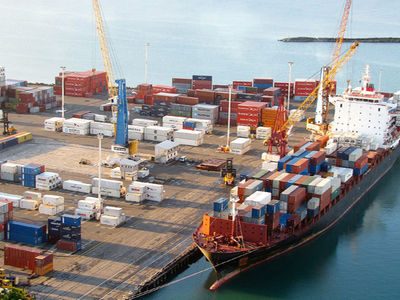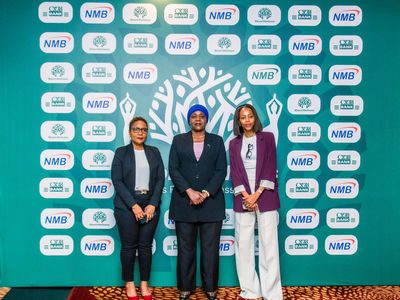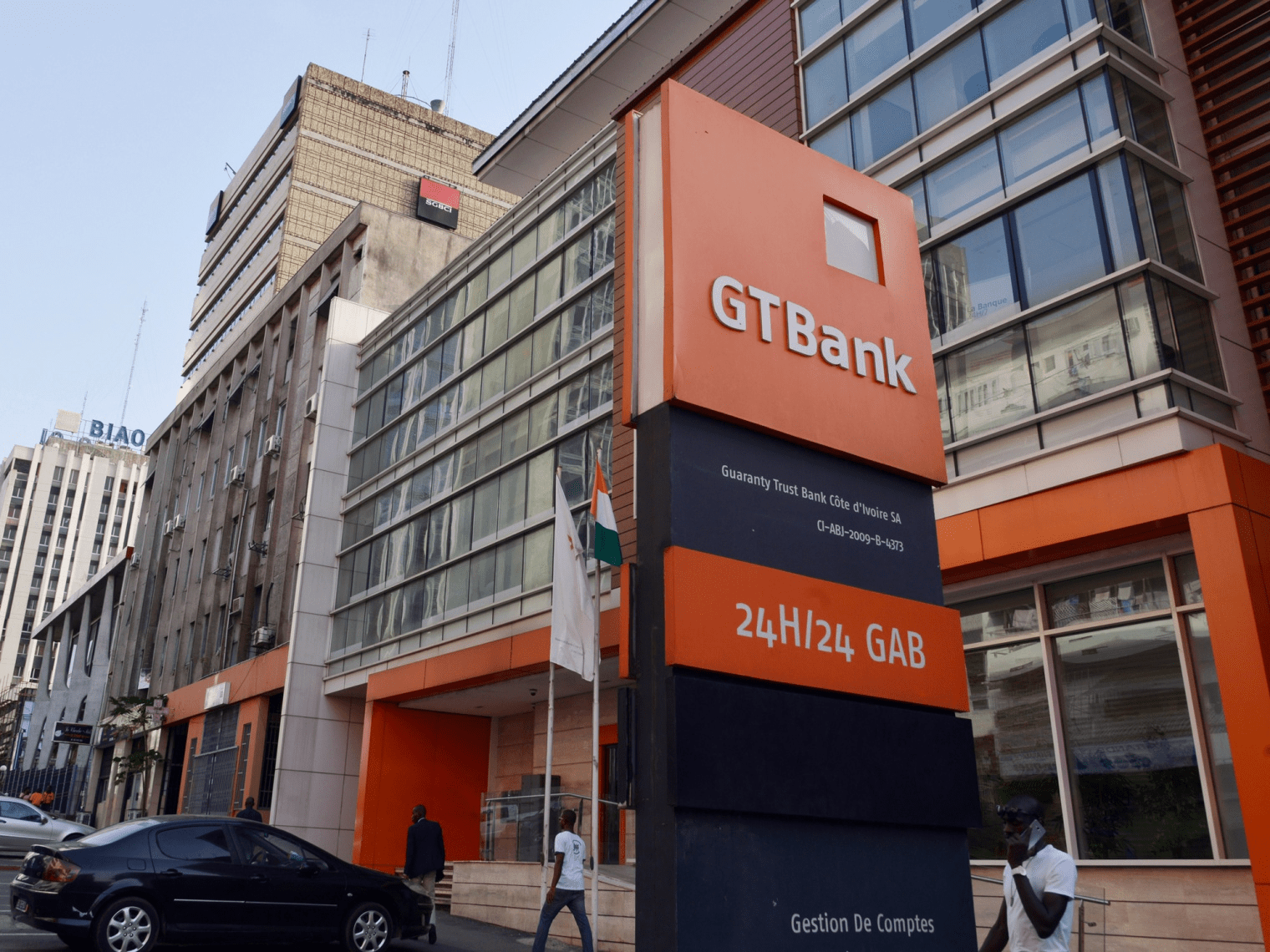By Ewurabena Yanyi-Akofur, Country Director, WaterAid Ghana
Dear Mr. President,
Ghana’s sanitation crisis is not just about homes without toilets. It lies at the heart of our public institutions—healthcare facilities, schools, markets, and government offices—where citizens expect safety, dignity, and essential services. Today, many of these spaces lack even the basic WASH (Water, Sanitation, and Hygiene) infrastructure needed to uphold those expectations.
Across the country, women are still giving birth in facilities without toilets or running water. In rural areas, health workers or volunteers’ clean delivery rooms without disinfectants, gloves, or even soap. Toilets, where they exist, are often broken, filthy, and unmaintained.
In many schools, the lack of clean and safe sanitation facilities forces children to abandon latrines and engage in open defecation. In public offices and markets—spaces central to governance and commerce—toilets are either unusable or absent, and water for basic hygiene is a luxury. This is a national emergency, not a slow-burning inconvenience.
According to the 2023 WHO/UNICEF Joint Monitoring Programme (JMP):
Healthcare Facilities:
• Nearly 40% (39.54%) of healthcare facilities have limited access to hygiene, while 3.32% have no hygiene access at all—posing serious risks for infection prevention and control.
• About 1 in 3 (32.58%) healthcare facilities have limited access to water, making it difficult to ensure safe childbirth, wound care, or even basic cleaning.
Primary Schools in Ghana:
• Over 1 in 4 (25.22%) primary schools have no access to drinking water, putting children at risk of dehydration and illness.
• Nearly 1 in 4 (24.69%) lack access to sanitation, with toilets either absent or unusable.
• More than 1 in 3 schools (35%) have no access to hygiene, denying students the basic dignity of handwashing after using the toilet.
These statistics are not just numbers. They represent:
• Girls missing school due to unsafe sanitation.
• Mothers delivering in indignity.
• Nurses forced to scrub birthing tables with bare hands.
• Public servants and market vendors enduring shame in public spaces.
A WaterAid research using World Bank Methodology estimates that infections acquired in healthcare facilities are costing Ghana $1,570 million each year leading to thousands of preventable deaths. At least half of these infections could be prevented by improved water, sanitation, and hygiene (WASH) in these facilities, WaterAid unveils today in brand new research. The new data further highlights that, if healthcare-acquired infections were to halve, then at least 31,300 lives could be saved across Ghana every year and a staggering $72 million could be saved from the national budget.
But the real cost is in lives lost, trust eroded, productivity stunted, and a future compromised.
“No Toilet, No Permit”, Mr. President that bold commitment must go beyond rhetoric. It must be enforced, funded, and expanded across all public institutions, not just private homes.
Yet today:
• Health facilities depend on inadequate NHIA reimbursements and IGF, unable to fund basic WASH services.
• Rural clinics have no cleaners—leaving sanitation to overstretched health staff or unpaid volunteers.
• School WASH budgets are fragmented and under-prioritized.
• There is no unified national standard or enforcement mechanism for WASH infrastructure in public institutions.
We urge you to act decisively and:
- Mandate full enforcement of “No toilet, no permit” across all public infrastructure.
- Ensure NHIA and public financing support the operation and maintenance of WASH facilities in HCFs.
- Establish and fund a national WASH-in-Schools programme, with mandatory standards for toilets, water, and hygiene—especially for girls.
- Prioritize WASH infrastructure in public market redevelopment plans.
- Assign dedicated cleaning staff in rural and district-level health facilities nationwide.
Let us also not forget:
• Most maternal deaths occur in rural facilities, where WASH conditions are weakest.
• Schoolgirls drop out due to lack of safe, gender-sensitive toilets.
• Taxpayer-funded institutions too often lack even the dignity of a working toilet.
This is not a marginal issue—it is central to our commitments on health, education, gender equity, productivity, and public trust. Ghana cannot build 21st-century institutions on 19th-century sanitation.
Flush the Crisis. Mr. President, the time to act is now. No more piecemeal responses. No more waiting for outbreaks or headlines. Flush the Crisis must become a national directive—with leadership, funding, and accountability at its core.
Because no woman should give birth without water,
No nurse should work without soap,
No child should be denied dignity,
And no Ghanaian should suffer behind broken doors and dry taps.
Flush the Crisis.
The post Flush the Crisis: When hospitals deliver without toilets or water appeared first on The Herald ghana.




